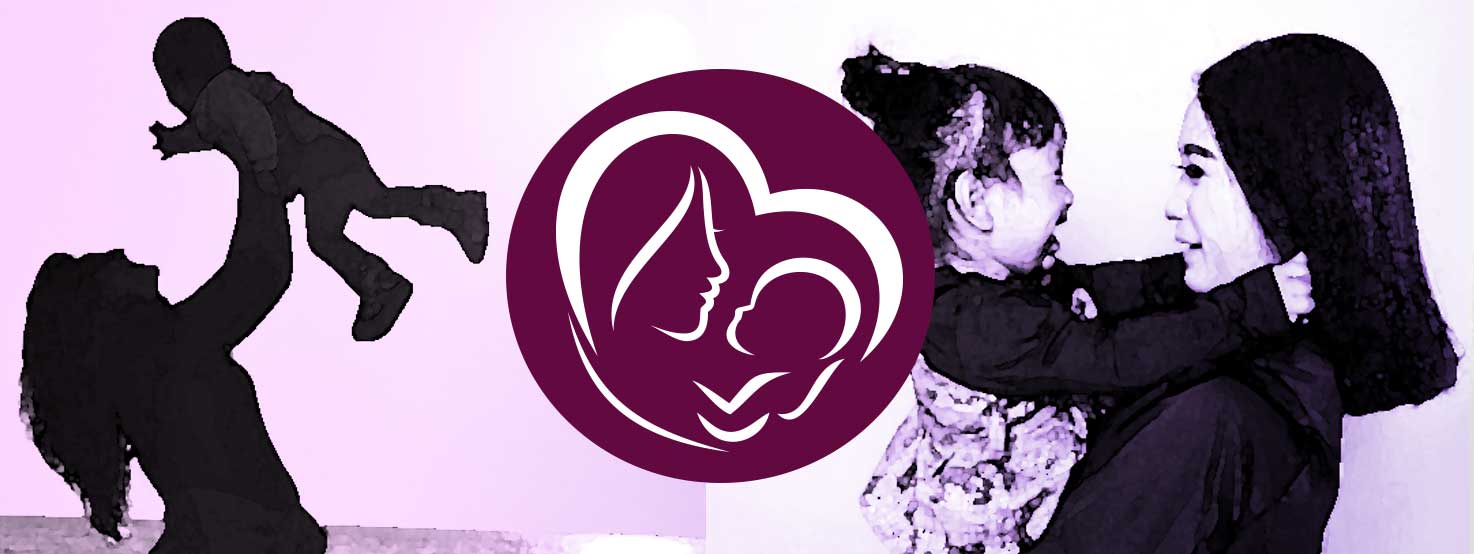Channels

Rotary

Rotary Conference

Laurel Health Centers

Penn Oak Realty

Movin Together

Bank On It

Dunhams Corner

By The Door

Questioning Life

Karschners Insurance

Ag Happenings

Back to Basics

Hornet Happenings

Live From The Hive

Momday Monday

Pennsylvania Politics

The Briefing

Weekly Highlights

Wellsboro Chamber
Battling Cold & Flu
Winter seems to spell cold and flu for parents and kids alike. Join us as Annie Sumrall, Pediatric CRNP, a new pediatric nurse practitioner with the Laurel Health Centers, shares tips on how to keep the whole family healthy this season! Learn what symptoms to watch for, when to keep your kids home, when it’s safe to send them back to school, and when to see a doctor.
This time of year, the most common illnesses include colds, influenza (flu), strep throat, and the dreaded “stomach bug.” With so many illnesses circulating, how can parents effectively prepare for cold and flu season? Prevention is the most important step you and your family can take.
As the old saying goes, prevention is worth a pound of cure.
Follow these preventive tips to keep you and your family healthy this cold and flu season:
– Teach your children about proper handwashing and how to cover coughs and sneezes.
– Don’t touch your face with unwashed hands, as the eyes, nose, ears, and mouth are easy entry points for germs.
– Regularly disinfect surfaces in your home.
– Utilize hand sanitizer while you’re on the go.
– Get immunized for the flu on a yearly basis: the most common flu strains change from year to year, so it’s important to get vaccinated each year.
Young children can’t fight the flu as effectively as adults, leading to a greater risk for complications like pneumonia. Even if a child catches the flu after being vaccinated, their risk for complications is lowered. Remember, a flu shot does not protect against colds, stomach “flu,” or all respiratory illnesses, so it’s important to practice good prevention strategies like proper handwashing all year long.
When should parents keep kids home?
It’s important to keep your child home anytime he or she has a fever (100.4 degrees or higher), is experiencing vomiting or diarrhea, or is feeling very fatigued (worn down). Even a simple head cold can be draining on your child at times. If your child isn’t feeling well enough to perform well at school, it’s best to keep them home.
When should your family head to the doctor’s office?
As Annie explains, parents spend more time with their child than anyone else and know better than anyone what is normal for their child. If you’re worried about how your children are behaving because they aren’t being themselves, aren’t eating or drinking normally, have trouble sleeping, or are running a high fever, it’s time to make an appointment with your family provider.
The Laurel Health Centers offer extended hours, evening / weekend appointments, and after-hours nurse triage coverage to help your family get the expert care they need whenever they need it. Call 1-833-LAURELHC (1-833-528-7354) or visit laurelhc.org to make an appointment.
Note: If your child starts to have difficulty breathing, seek emergency medical care.
When is it safe to send kids back to school?
Sharing isn’t always caring. We don’t want our kids to share their illness with others. Before sending your kids back to school, they must be fever-free and free from any diarrhea or vomiting for a full 24 hours without the help of any over-the-counter medicines that manage those symptoms like Pepto Bismol, Imodium, or fever reducers (e.g., Tylenol/Acetaminophen or Advil/Ibuprofen/Motrin).
Antibiotics cannot treat viral illnesses like cold and flu. If your child was prescribed antibiotics for an infection, he or she should take those antibiotics as prescribed for the full duration listed in the instructions. You may be tempted to stop the antibiotics as your child feels better, but if they stop taking antibiotics prematurely, it can weaken the medication’s future strength and give rise to dangerous antibiotic-resistant illnesses.
Annie Sumrall, Pediatric CRNP, is currently accepting new patients. To make an appointment with Annie Sumrall, call the Elkland Laurel Health Center at 814-258-5117.
If you have any questions about your family’s health, medications, or preventing illness, the Laurel Health Centers have you covered.
For more winter wellness tips, visit the Laurel Health Centers online at laurelhc.org or facebook.com/laurelhc.
Credits:
Videography: Andrew Moore
Video Editing: Andrew Moore
Writing: Kristy Warren
Anchor: Sara Vogt
Correspondent: Rhonda Pearson
Produced by Vogt Media
Home Page Sponsors: Laurel Health Centers






































